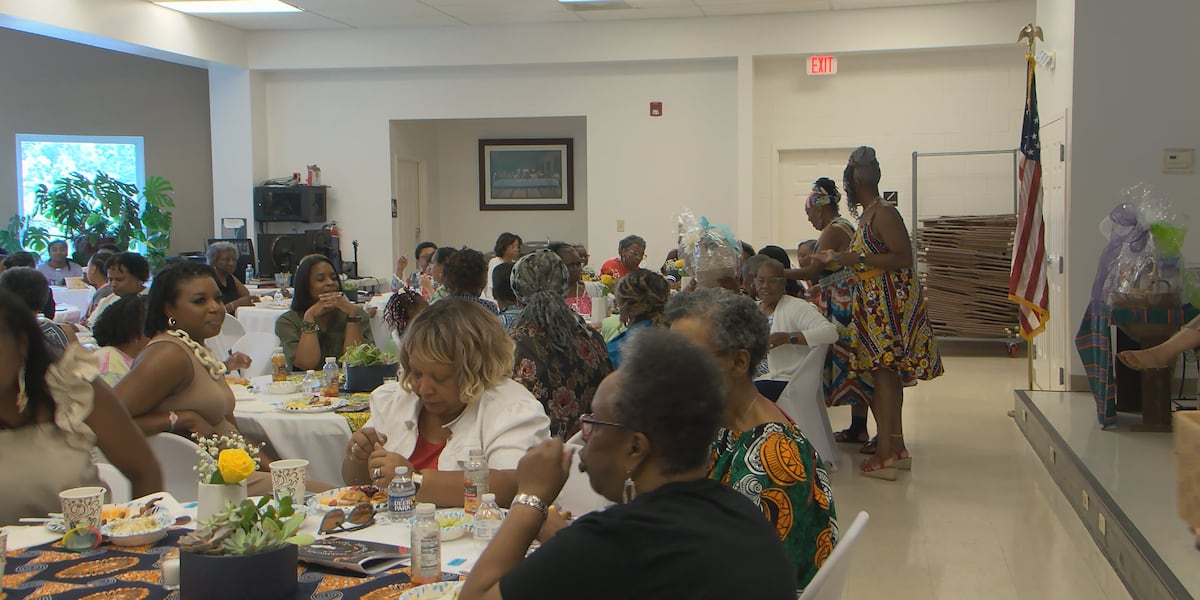Summary
The Transitions-Mental Health Association (TMHA) marked a major milestone on Saturday afternoon, celebrating the 25-year anniversary of its Growing Grounds Program on the Central Coast.
Source: KSBY

AI News Q&A (Free Content)
Q1: What is the Growing Grounds Program by Transitions-Mental Health Association and why is its 25th anniversary significant?
A1: The Growing Grounds Program, initiated by the Transitions-Mental Health Association, is a therapeutic horticulture initiative designed to support individuals with mental health challenges. Celebrating its 25th anniversary marks a significant milestone as it highlights the program's longstanding commitment to providing therapeutic gardening activities, supporting mental health recovery, and fostering community integration over the years.
Q2: How does the concept of therapeutic horticulture, like that practiced in the Growing Grounds Program, contribute to mental health?
A2: Therapeutic horticulture involves engaging individuals in gardening and plant-based activities to promote mental well-being. It helps reduce stress, improve mood, and enhance overall emotional health by providing a sense of accomplishment and connection with nature. These activities can also foster social interaction and community building, which are beneficial for individuals with mental health issues.
Q3: What are the key findings from recent research on human-plant relationships and their impact on mental health?
A3: Recent research, such as the study on para-social relationships with plants, indicates that individuals form emotional bonds with plants that can mitigate stress and enhance emotional well-being. The study identifies various types of relationships with plants, including ownership and friendship, which provide companionship and support, particularly in isolating environments.
Q4: What role does community involvement play in the success of programs like Growing Grounds?
A4: Community involvement is crucial for the success of programs like Growing Grounds as it fosters an inclusive environment where individuals feel supported and valued. This involvement not only aids in social integration for participants but also raises awareness and reduces stigma surrounding mental health issues within the community.
Q5: What are some potential therapeutic benefits of horticultural therapy for mental health patients according to recent studies?
A5: Horticultural therapy offers various therapeutic benefits, including reduced anxiety and depression symptoms, improved mood, and enhanced cognitive functioning. It also encourages physical activity, which can lead to better physical health, and provides a structured routine that can help individuals develop coping skills and resilience.
Q6: How have mental health programs like Growing Grounds adapted over the years to meet changing needs?
A6: Programs like Growing Grounds have adapted by incorporating new research findings and therapeutic techniques to better address the evolving needs of mental health patients. They have also expanded their outreach and community engagement efforts, incorporating technology and sustainable practices to enhance the therapeutic experience.
Q7: What is the significance of the media and public awareness in supporting mental health initiatives like Growing Grounds?
A7: Media and public awareness play a vital role in supporting mental health initiatives by educating the public, reducing stigma, and encouraging community support. Increased visibility can lead to more funding opportunities and volunteer involvement, which are essential for the sustainability and expansion of programs like Growing Grounds.
References:
- Mental disorder
- Application of the theory of para-social relationships for the analysis of people's perceptions of indoor plants
- PubMed




